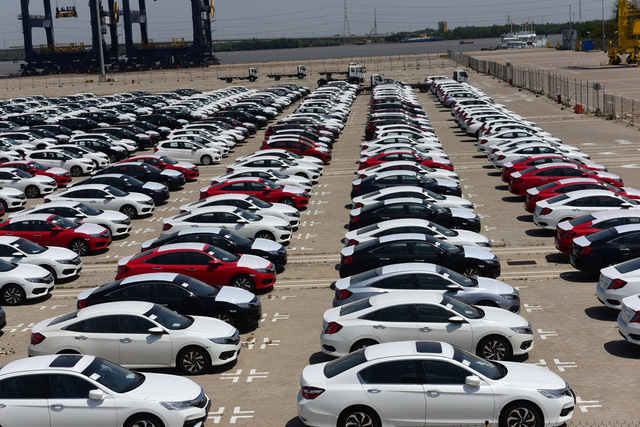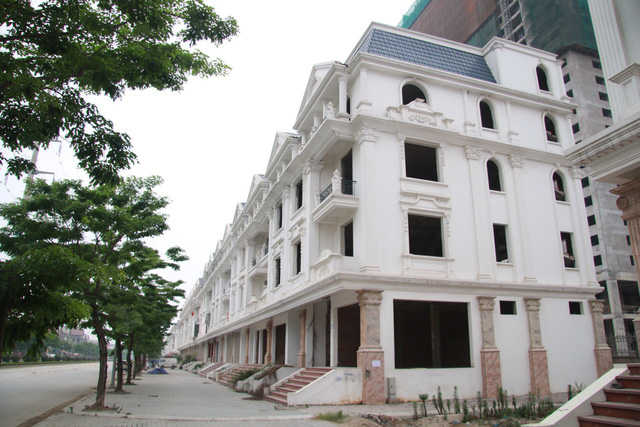Vietnam’s Ministry of Finance is mulling over a piece of draft law that would require individuals to pay tax for their personal assets including immovable property and automobiles.
The new assets tax is expected to add between VND22.7 trillion (US$998.8 million) and VND31 trillion ($1.36 billion) to Vietnam’s annual state budget, according to the ministry.
Pham Dinh Thi, director general of the finance ministry’s tax policies bureau, said the ministry was considering two options for taxing houses, either with a construction value threshold of more than VND700 million ($30,800) or over VND1.2 billion ($52,800).
Construction value of a house is determined by taking various aspects into consideration, including its type, scale and how many years it has been in use since construction.
Construction value is not the total market value of a house but only the cost of its construction, Thi stressed.
An individual is only taxed on the surplus construction value above the proposed tax threshold.
For example, owner of a house that costs VND1.2 billion to build will be taxed on VND500 million ($22,000) if the first option is selected and is not subject to a tax if the second option goes into effect.
More thought is being given on the tax rate, Thi said, with the finance ministry proposing a tax of between 0.3-0.4 percent a year for houses.
“We are leaning towards a 0.3-percent tax rate for houses,” Thi said.
If applied on the taxable construction value of a VND1.2 billion house, or 0.3 percent of VND500 million, the annual tax payment is VND1.5 million ($66), which Thi asserted is “not much at all”.
 |
| Abandoned villas at a project in Bac Ninh Province in northern Vietnam. Photo: Tuoi Tre |
As for land, the taxable land area is calculated by multiplying its total area by a coefficient of either 0.2 or 0.3, depending on whether it is used for residential or business purpose, respectively.
The finance ministry proposes a tax rate of between 0.23-0.3 percent for occupied land, while unused land will be subject to a higher rate of one percent to prevent wastefulness.
The proposed law also seeks to impose a tax of between 0.3-0.4 percent on personal cars, planes and yachts worth at least VND1.5 billion ($66,000).
Factors such as the length of use of such mobile assets will be taken into account when determining their value for taxing, Thi said.
The official admitted that the tax on ‘mobile assets’ is currently only applicable in three countries, South Korea, Kazakhstan and Bolivia.
The draft law will be open to public feedback for revisions, and will be evaluated by the Ministry of Justice before it is submitted to the lawmaking National Assembly for approval at an undecided date, Thi said.
If the draft law goes into effect, it is expected to add between VND22.7 trillion (US$998.8 million) and VND31 trillion ($1.36 billion) to Vietnam’s annual state budget, according to estimates using 2015 statistics.
 |
| Imported cars are parked at a port in Ho Chi Minh City. Photo: Tuoi Tre |
Like us on Facebook or follow us on Twitter to get the latest news about Vietnam!



















































